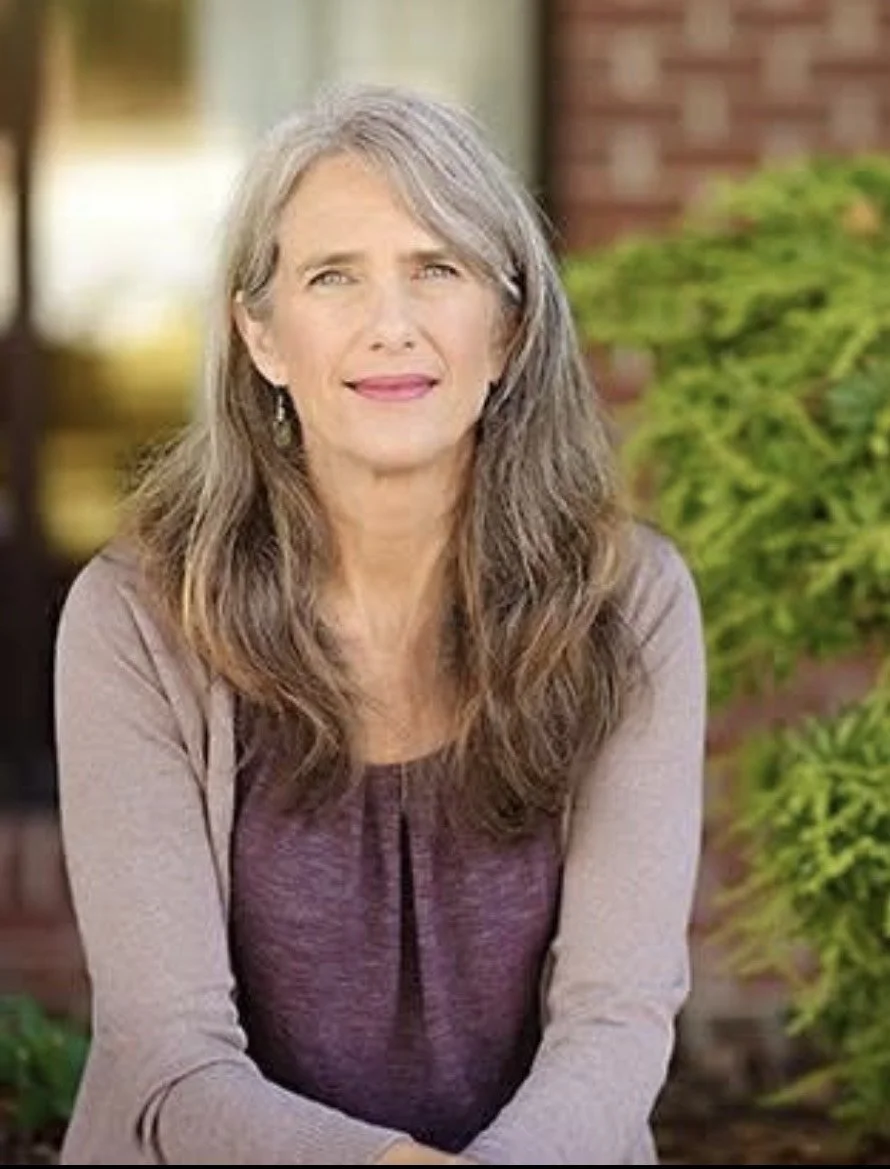When Preferences Become Mandates
by Ginny Barker
Anybody who is part of the evangelical church or a conservative congregation of other stripes knows that it is relatively common to encounter someone who has decided that doing things a certain way is the "biblical" way to do it. Whether it's how you parent, how you run your family (and who's in it), how you teach your kids, what kind of church you attend and how that church goes about worship and engaging with the community, all the way to how you dress or who you vote for or whether you vote. It is not hard to find someone who has a certain opinion or has made a specific choice and then spells out the case that that is the biblical way, and they can often expertly lob diced up chunks of Bible at anybody within throwing distance just to prove their point.
Years ago there were the Worship Wars, wherein people would sit around and debate, whether in person or on the interwebs, the value of hymns vs praise songs, traditional worship vs contemporary. And each side had their talking points, all effectively ignoring Ephesians 5:19, which mentions "psalms, hymns, and spiritual songs," so it's all included. But people were very opinionated about these things. They could get testy.
Then there’s schooling. Home school vs Christian school vs public school. There was some bizarre pecking order to it all, as if this was an intensely spiritual choice (though some had no choice at all). This issue could ruin friendships and split churches and crush the spirits of many an overwhelmed mother.
I've done it, too. I've had convictions, or maybe just preferences but I called them convictions, and decided I was doing something the way God wanted. And then I changed or grew or something happened to force me out of my bubble or to see things differently or, at times, I was left with no choice in the matter, and realized that what I really wanted was a biblical rationalization for what was my preference. I wanted someone to back me up so I wouldn’t have to fight so hard for what I really wanted.
Because it wasn’t ok to just want something and then go for it.
Maybe it is because people, especially in the more authoritarian churches, families, and cultures, aren't ever given the freedom to have their own opinions and preferences to begin with. We learn to do and say as we are told. So what do we do? Our only way to rationalize our preferences is to say that this is God's preference, no, God's mandate, to do it this way.
When wants are not ok and when children are taught obedience above all else, they don’t get to develop a sense of agency. Because when parents’ choices and dictates matter most, and matter above all else, and come with the authority of God, a child doesn’t get to be her own person with her own wants and desires. When everything is spiritual, then our wants have to be spiritual, too. Our preferences have to have the spiritual stamp of approval.
So what if all of this pontificating really is just a way of getting validation for a preference you don't feel you have a right to have outside of some divine ordinance?
What if we gave kids, women, and people of all shapes, sizes, ages, and genders, the agency to make decisions, to like and not like things and use their gifts or make use of other people's gifts in the ways that they best see fit without having to wrap everything in spiritual packaging?
What if we were able to see someone else's choices as just that, choices made based on their situation and the factors that play in their lives, and not some spiritual failing?
Maybe we should back off with the Divine Mandate Heavy Hammer and let people be people. Not right. Not wrong. Just people being people, doing things people do.
God gives us the freedom to do that.
About the Guest Author:
Ginny Barker is a Highly Sensitive Person and realtor who lives in the mountains of Western North Carolina with her husband and business partner, Matt, and her nutjob of a beagle mutt, Jake. They have four adult children and one teenage granddaughter. She tends to write in fits and starts, mostly from personal experience, on topics related to trauma, mental health, body image, the church, deconstruction, spiritual abuse, toxic systems, Christian parenting culture, domestic violence, and grief.
She loves old trucks, dogs, coffee, and good books (typically nonfiction) and has a special passion for severe weather.
She’d like to be a storm chaser when she grows up.
Disclaimer:
The views, thoughts, and opinions expressed in guest blog posts are those of the individual authors and do not necessarily reflect the positions of the Religious Trauma Network. We recognize that each person’s healing journey is unique, personal, and courageous. The stories shared here belong solely to the contributors, and their experiences, perspectives, and advice may not apply to everyone. We encourage readers to honor their own paths and seek professional support as needed.



